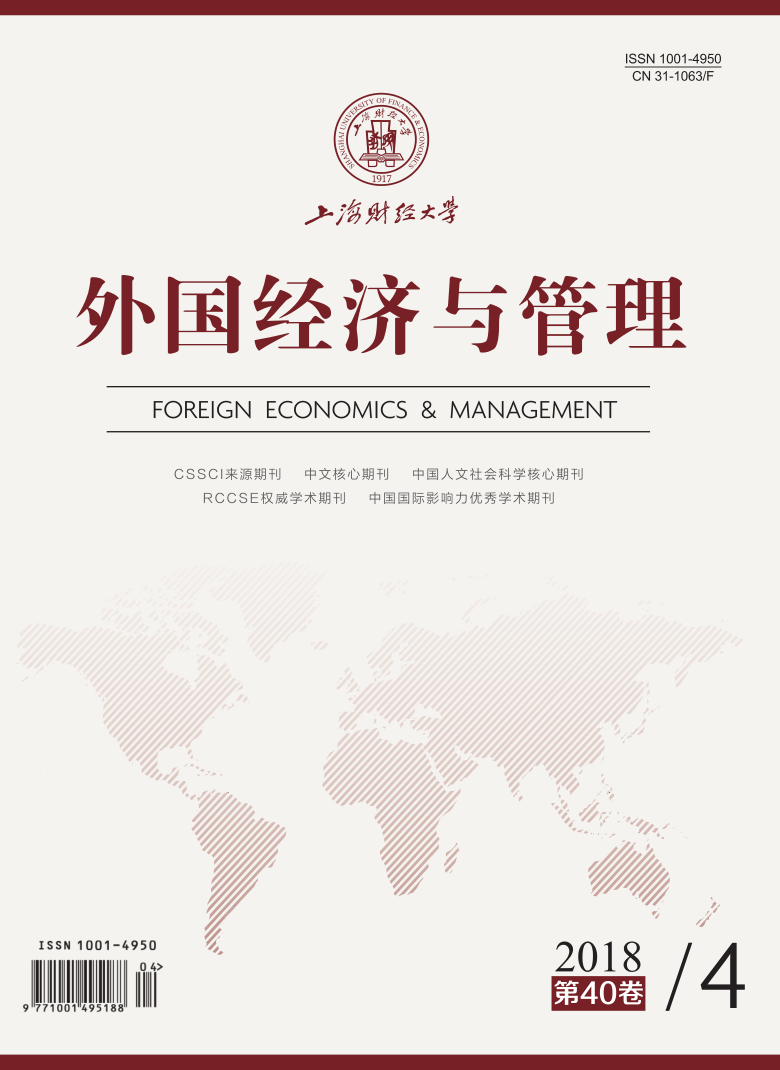利用手边当时可得的资源即时地构建和执行应对策略的即兴行为是创业企业应对环境不确定性、克服资源短缺困境的常见选择。尽管过去十五年来创业企业即兴行为(entrepreneurial improvisation,EI)的研究获得了蓬勃发展,但研究成果相对碎片化,散乱且未经系统梳理的研究阻碍了其发展成为一个有前途的研究领域。本文从创业即兴概念内涵、前置变量(触发因素和发生条件)以及结果变量等方面出发,对现有创业企业即兴行为研究进行分析和总结,并在此基础上进一步细化研究的概念框架,从创业即兴的特征与分类、内部组织因素和外部环境因素对创业即兴的影响、创业即兴对企业持续性创新的影响等方面提炼了值得未来研究密切关注的前沿主题。借此赋予创业即兴这一概念以研究的合理性和前景性,帮助引导创业者/创业团队思考即兴行为的重要性,以进一步推进其在创业实践及研究过程中的发展。
创业企业即兴行为研究现状探析与未来展望
摘要
参考文献
4 Akgün A E, Byrne J C, Lynn G S, et al. New product development in turbulent environments: Impact of improvisation and unlearning on new product performance[J]. Journal of Engineering and Technology Management, 2007, 24(3): 203–230. DOI:10.1016/j.jengtecman.2007.05.008
8 Baker T. Resources in play: Bricolage in the toy store(y)[J]. Journal of Business Venturing, 2007, 22(5): 694–711. DOI:10.1016/j.jbusvent.2006.10.008
9 Bergh D D, Lim E N K. Learning how to restructure: Absorptive capacity and improvisational views of restructuring actions and performance[J]. Strategic Management Journal, 2008, 29(6): 593–616. DOI:10.1002/(ISSN)1097-0266
10 Best S, Gooderham P. Improvisation: A legitimate strategy in the face of adversity[J]. Small Enterprise Research, 2015, 22(1): 49–68. DOI:10.1080/13215906.2015.1017871
11 Bingham C B, Eisenhardt K M. Rational heuristics: The " simple rules” that strategists learn from process experience[J]. Strategic Management Journal, 2011, 32(13): 1437–1464. DOI:10.1002/smj.965
12 Bingham C B, Eisenhardt K M. Response to Vuori and Vuori’s commentary on " Heuristics in the strategy context”[J]. Strategic Management Journal, 2014, 35(11): 1698–1702. DOI:10.1002/smj.2257
13 Di Domenico M L, Haugh H, Tracey P. Social bricolage: Theorizing social value creation in social enterprises[J]. Entrepreneurship Theory and Practice, 2010, 34(4): 681–703. DOI:10.1111/etap.2010.34.issue-4
18 Hmieleski K M, Corbett A C. Proclivity for improvisation as a predictor of entrepreneurial intentions[J]. Journal of Small Business Management, 2006, 44(1): 45–63. DOI:10.1111/jsbm.2006.44.issue-1
19 Hmieleski K M, Corbett A C. The contrasting interaction effects of improvisational behavior with entrepreneurial self-efficacy on new venture performance and entrepreneur work satisfaction[J]. Journal of Business Venturing, 2008, 23(4): 482–496. DOI:10.1016/j.jbusvent.2007.04.002
20 Hmieleski K M, Corbett A C, Baron R A. Entrepreneurs’ improvisational behavior and firm performance: A study of dispositional and environmental moderators[J]. Strategic Entrepreneurship Journal, 2013, 7(2): 138–150. DOI:10.1002/sej.v7.2
21 Jackson S, Philip G. A techno-cultural emergence perspective on the management of techno-change[J]. International Journal of Information Management, 2010, 30(5): 445–456. DOI:10.1016/j.ijinfomgt.2010.01.008
24 McMullan W E, Kenworthy T P. Creativity and entrepreneurial performance[M]. Switzerland: Springer International Publishing, 2015.
25 Miner A S, Bassoff P, Moorman C. Organizational improvisation and learning: A field study[J]. Administrative Science Quarterly, 2001, 46(2): 304–337. DOI:10.2307/2667089
27 Perry J T, Chandler G N, Markova G. Entrepreneurial effectuation: A review and suggestions for future research[J]. Entrepreneurship Theory and Practice, 2012, 36(4): 837–861. DOI:10.1111/etap.2012.36.issue-4
28 Zheng Y, Venters W, Cornford T. Collective agility, paradox and organizational improvisation: The development of a particle physics grid[J]. Information Systems Journal, 2011, 21(4): 303–333. DOI:10.1111/j.1365-2575.2010.00360.x
引用本文
叶竹馨, 买忆媛, 王乐英. 创业企业即兴行为研究现状探析与未来展望[J]. 外国经济与管理, 2018, 40(4): 16-29.
导出参考文献,格式为:






 9085
9085  10405
10405

